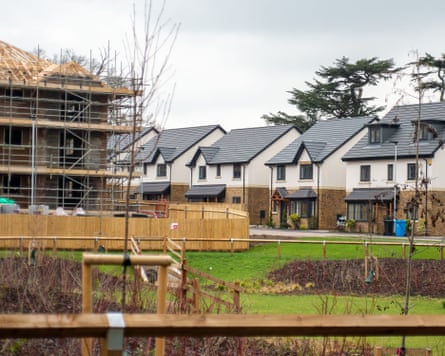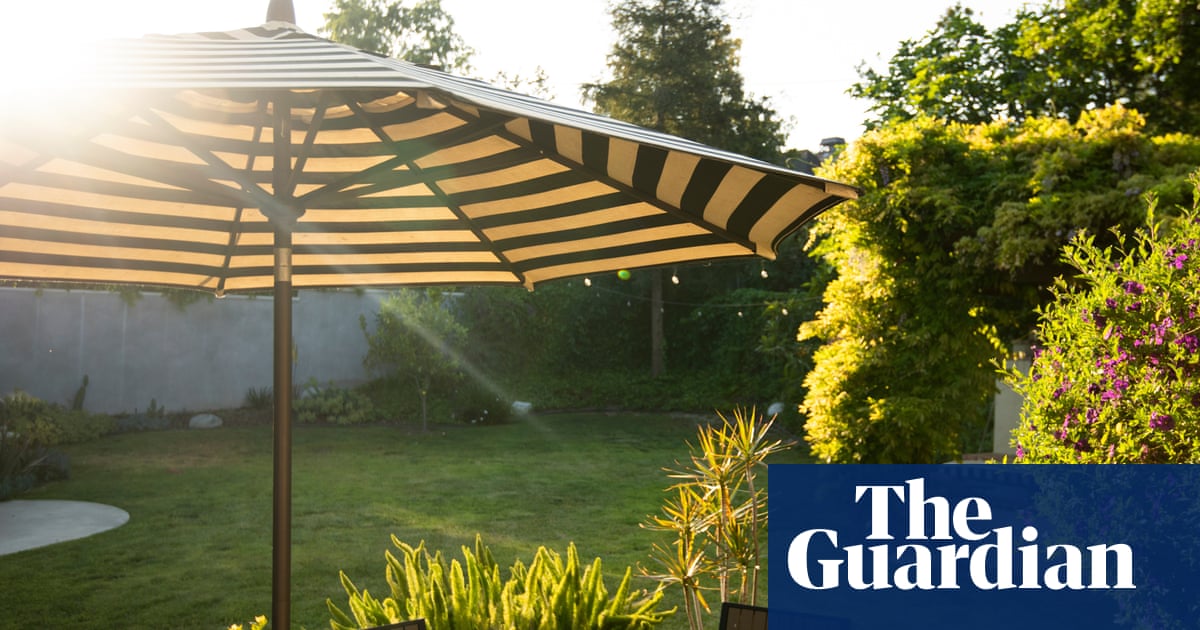Young first-time buyers in the UK are being forced into areas that are starved of nature, research has found.
Experts say young people are moving into “nature deserts” because government policy has failed to create greener and healthier new-build properties.
For every square metre of green space lost for each person, a further 494 first-time buyers are drawn to that area, the study reveals.
The research was conducted by the English nature coalition Wildlife and Countryside Link, which is calling for the government’s new planning bill to be amended to improve access to nature.
The proposed legislation is likely to exacerbate these problems because housing developers will be able to build on once-protected green spaces, without having to replace the loss of nature in the nearby areas.
Nature areas, parks and community gardens created to offset the removal of green spaces to make way for housing developments may not even have to be in the same county.
Richard Benwell, the chief executive of Wildlife and Countryside Link, said: “With the right reforms, we can turn today’s nature deserts into greener, healthier places to live. People of every age and background deserve homes they can afford without sacrificing their beneficial connection to nature.
“That means rethinking how we build the homes we need at the same time as delivering high-quality, greener communities that protect people’s health and creating the homes nature needs.”
Currently, areas with fewer parks and green spaces relative to their population tend to attract more first-time buyers because of lower housing costs.
Wildlife and Countryside Link conducted regression model analysis using official Office for National Statistics (ONS) datasets for first-time buyers by local authority in 2023, and compared this with ONS data on the number of adults in each authority as a proxy for proportion of adults who were first-time buyers.
They then analysed and mapped the percentage rates for first-time buyers with in-depth green space data, which found a direct and statistically significant correlation between lack of green space and higher numbers of first-time buyers.

Lack of access to nature has crucial implications for physical and mental health. Recent studies show that living near parks or natural green space reduces anxiety and depression by about 20%.
after newsletter promotion
Conversely, those living more than 800 metres from green spaces reported notably higher levels of wellbeing issues, particularly during the Covid-19 lockdowns. With risks, therefore, that the increasing unaffordability of homes in nature-rich areas for younger homeowners could be deepening health inequalities.
Ingrid Samuel, a director at the National Trust, said: “The government is right to address the housing crisis, but it must also tackle the parallel crisis in access to nature. Green space isn’t a luxury – it’s a basic human need, vital for physical and mental health.
“If new homes are built without new parks, waterways, and wild spaces, the British public will have been let down. That’s why we’re urging ministers to back amendments to the planning bill that guarantee green and blue spaces in every future development.”
Previous research by the charity has found that one in three households in England do not live within a 15-minute walk of a natural space such as a park, and the most-deprived communities are more than twice as likely to be nature deprived.
Wildlife charities are supporting amendments to part three of the planning and infrastructure bill that would ensure every community has access to green space, which the government has so far neglected to adopt.
These amendments would give stronger protections for existing green space and requirements to integrate new parks and nature areas into developments.

.png) 3 hours ago
3
3 hours ago
3

















































